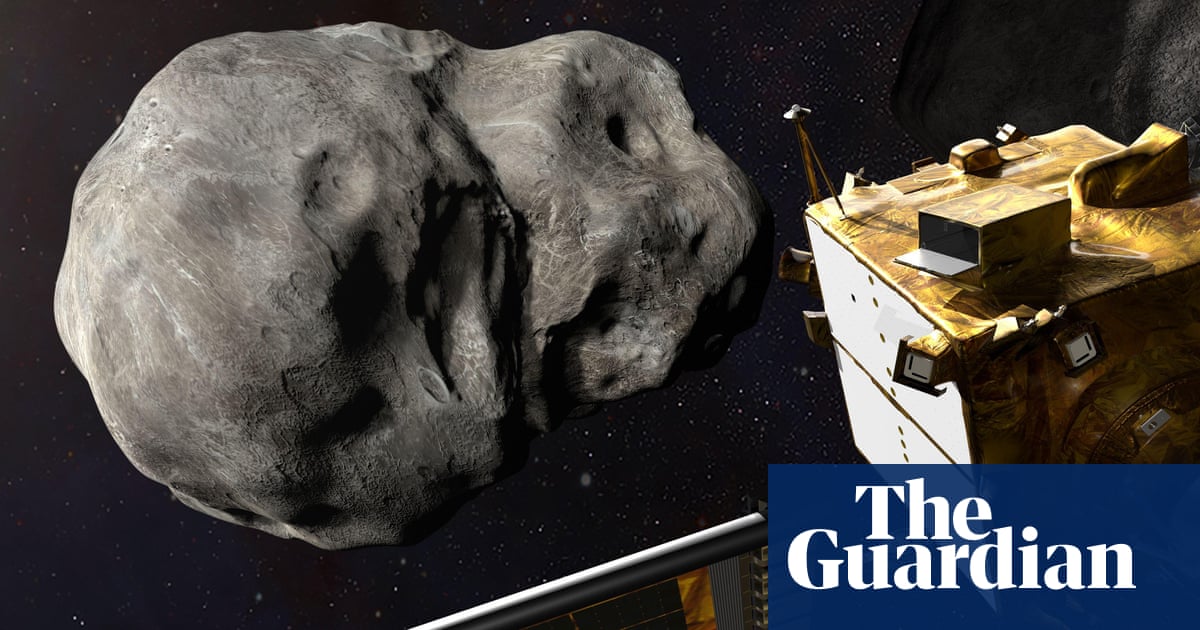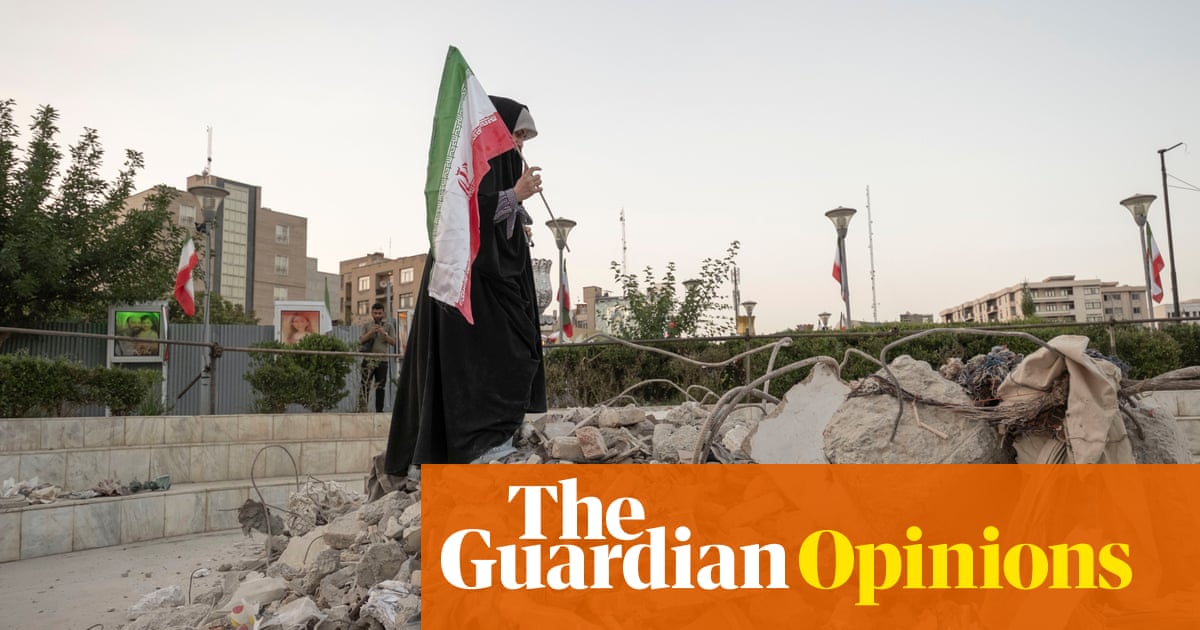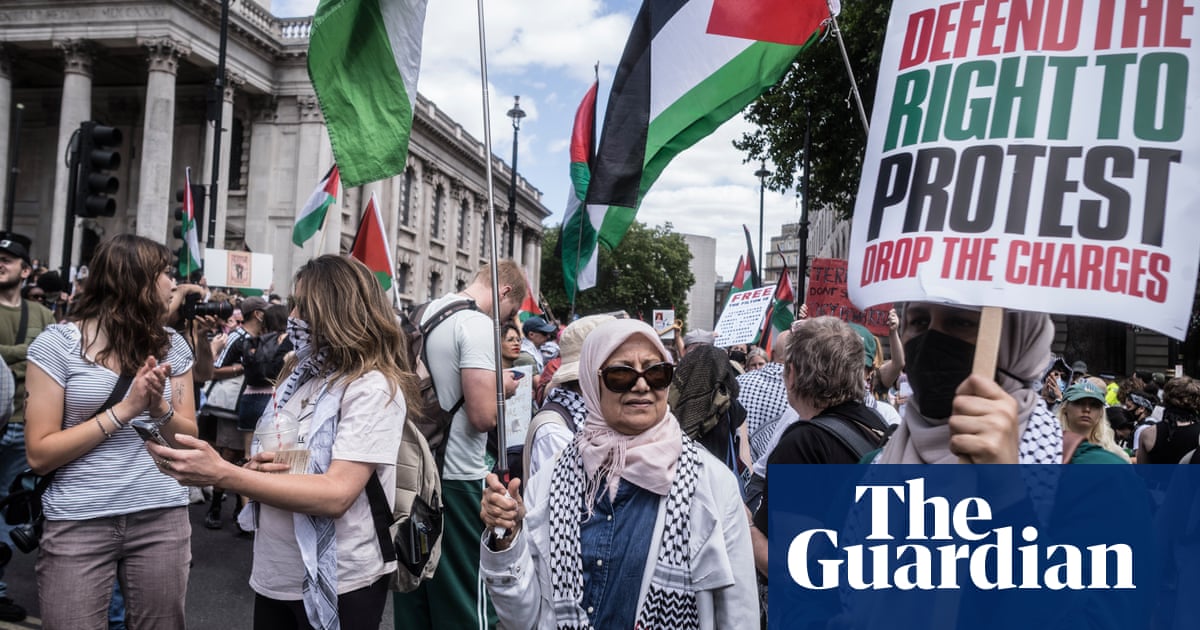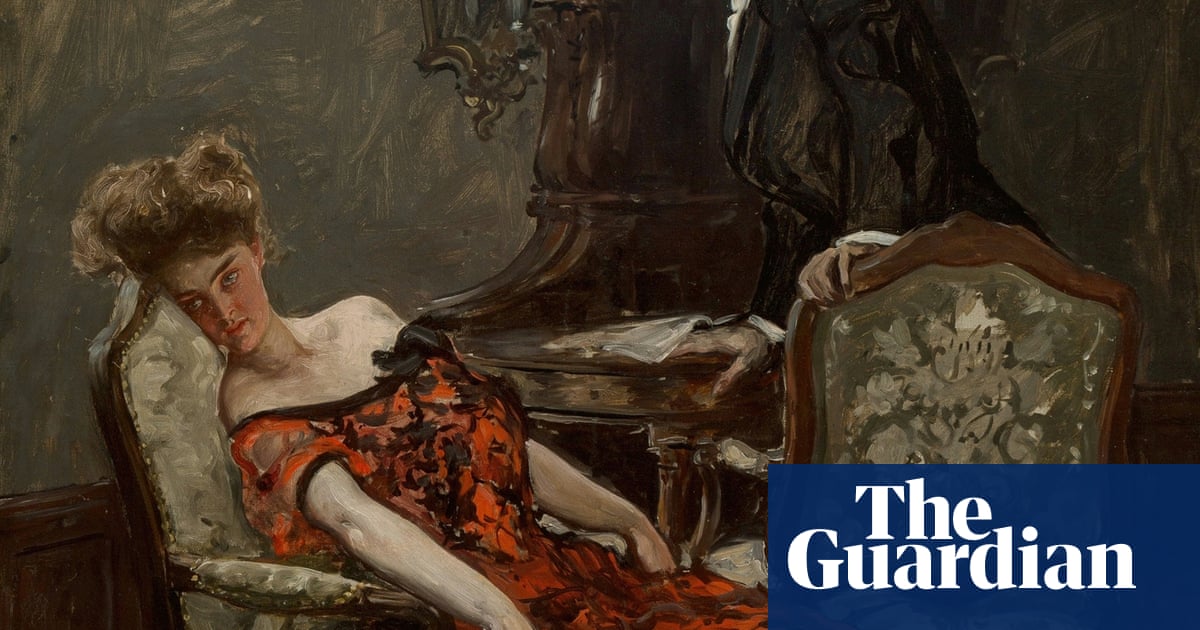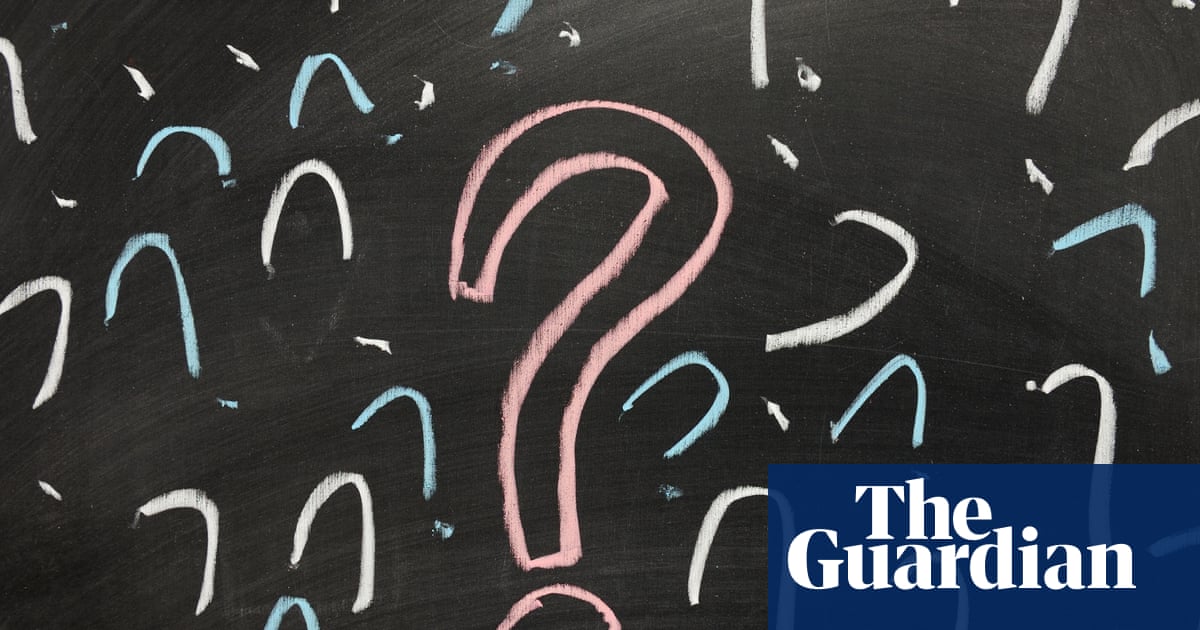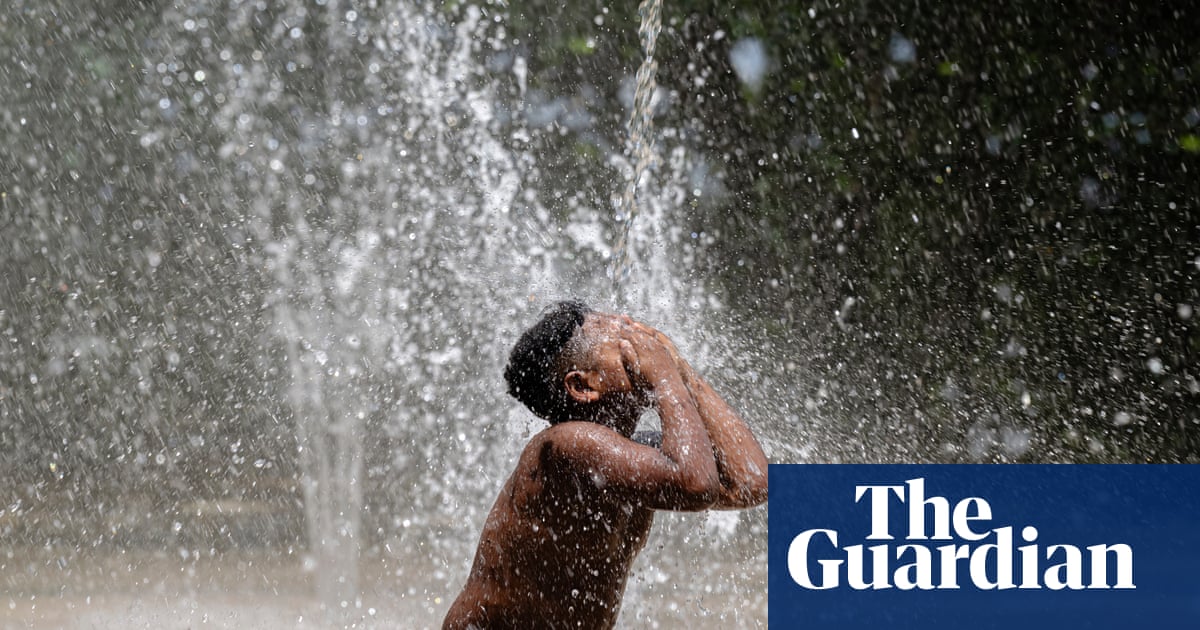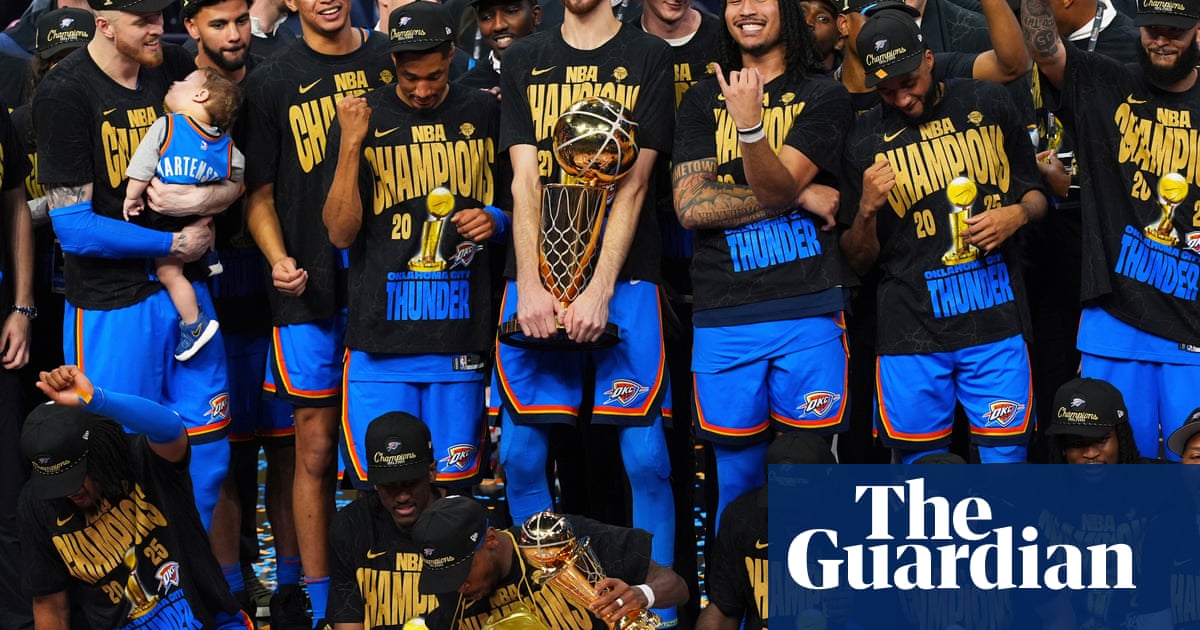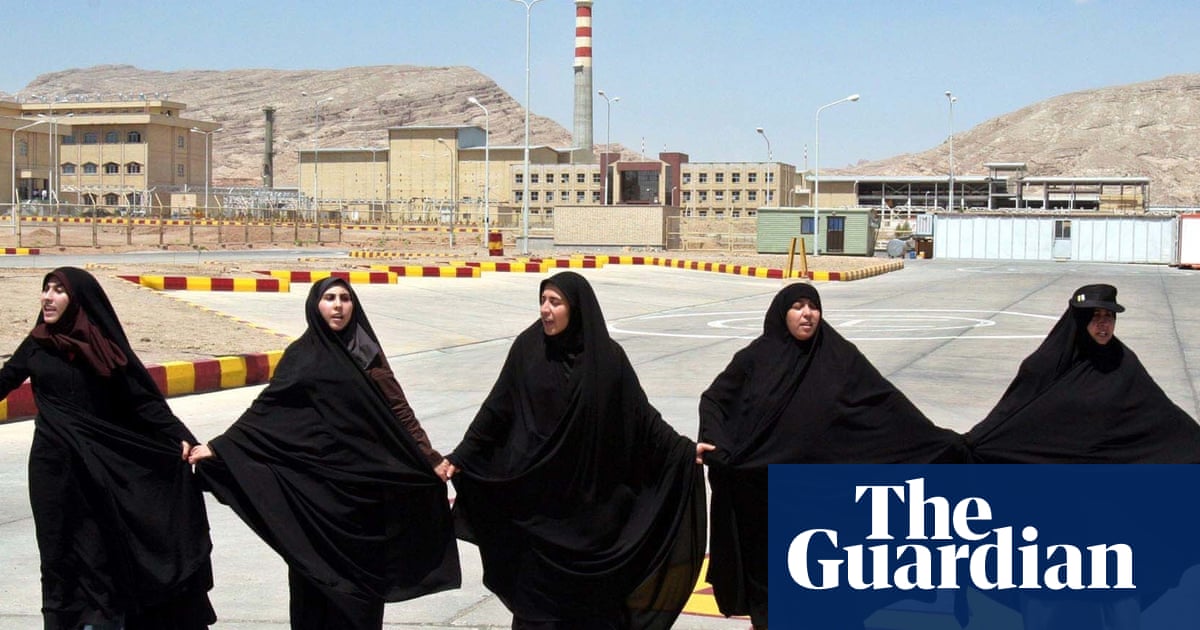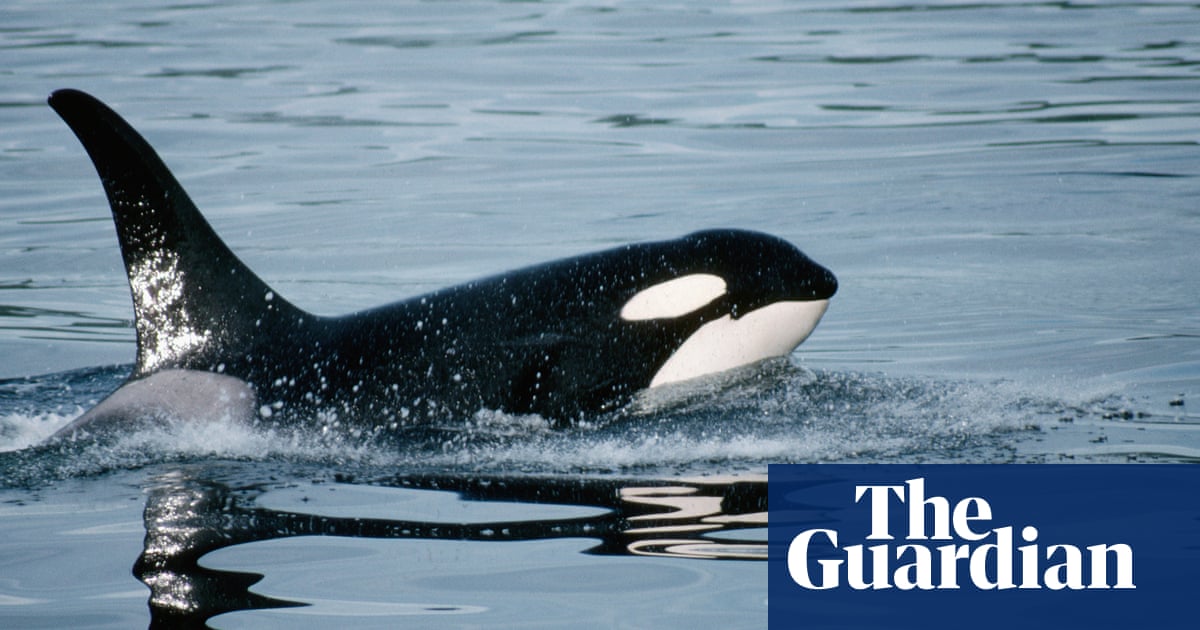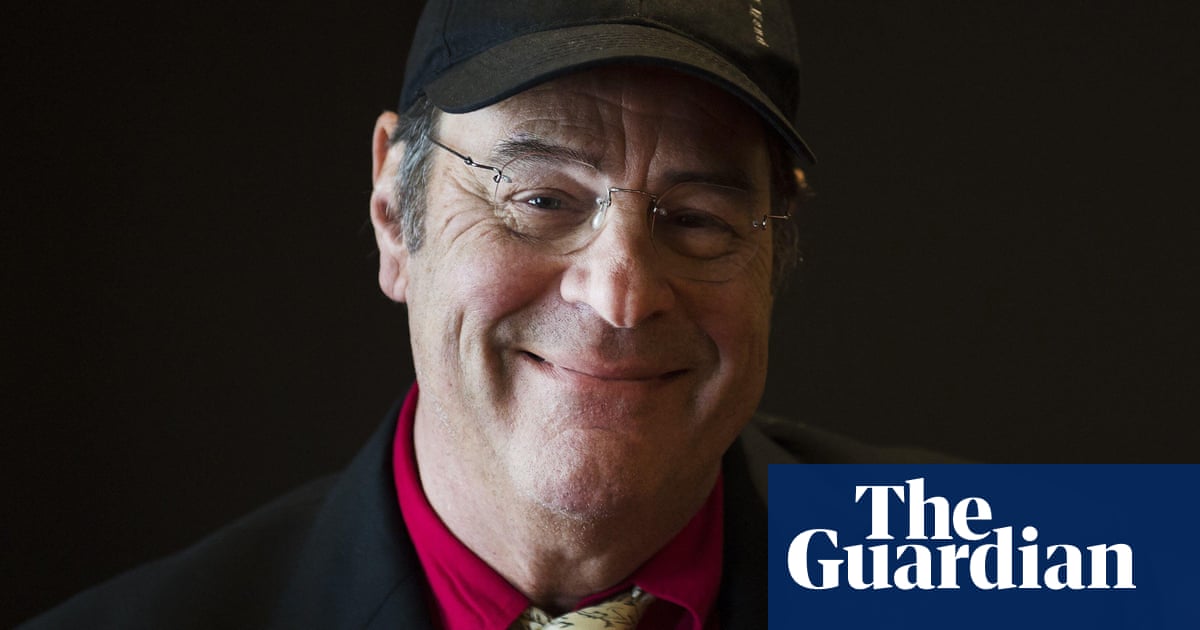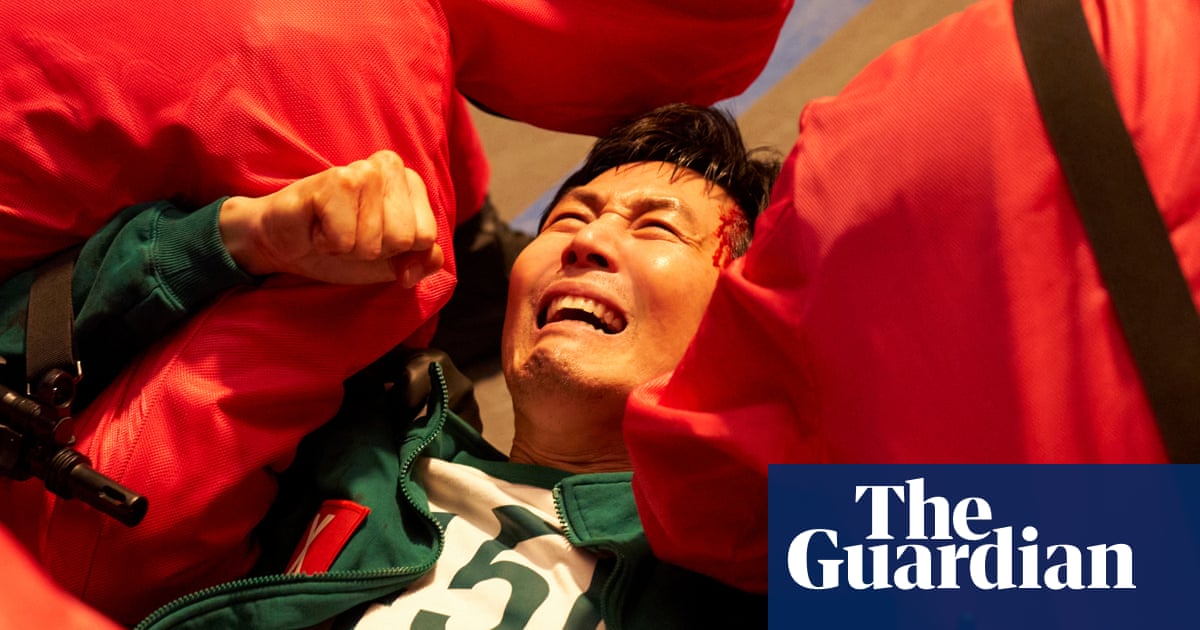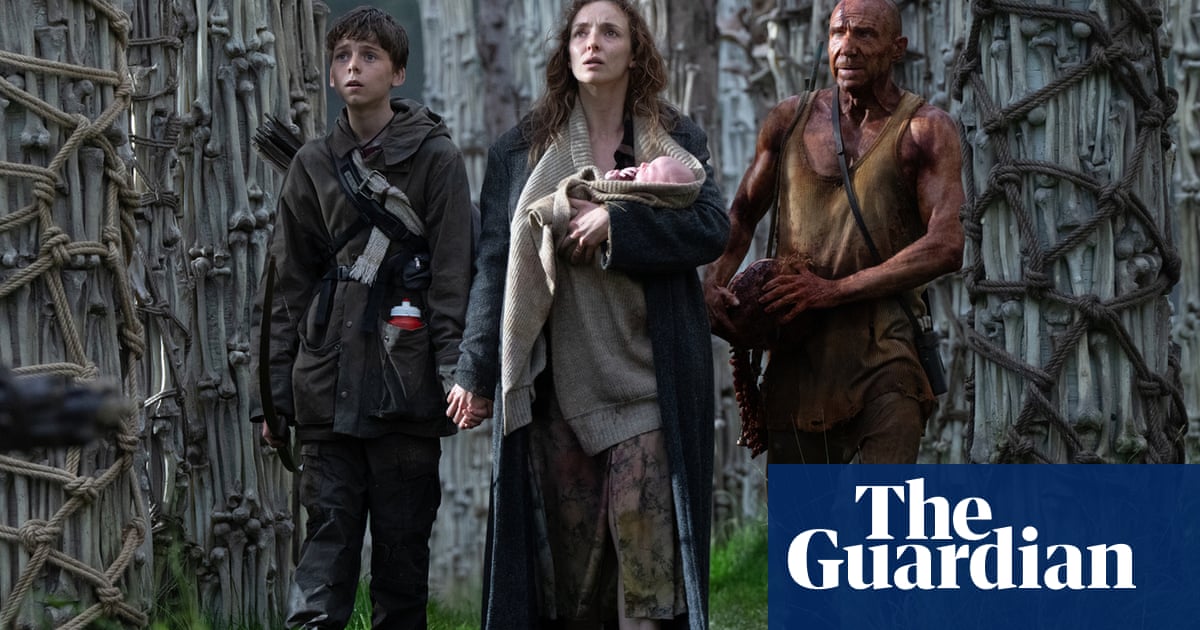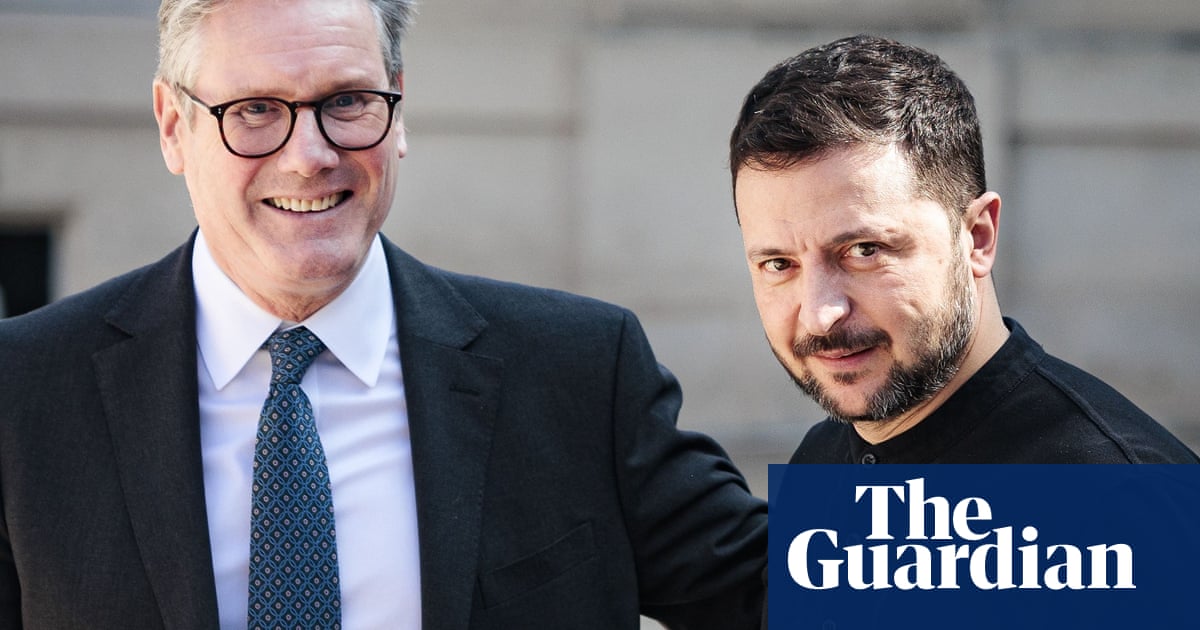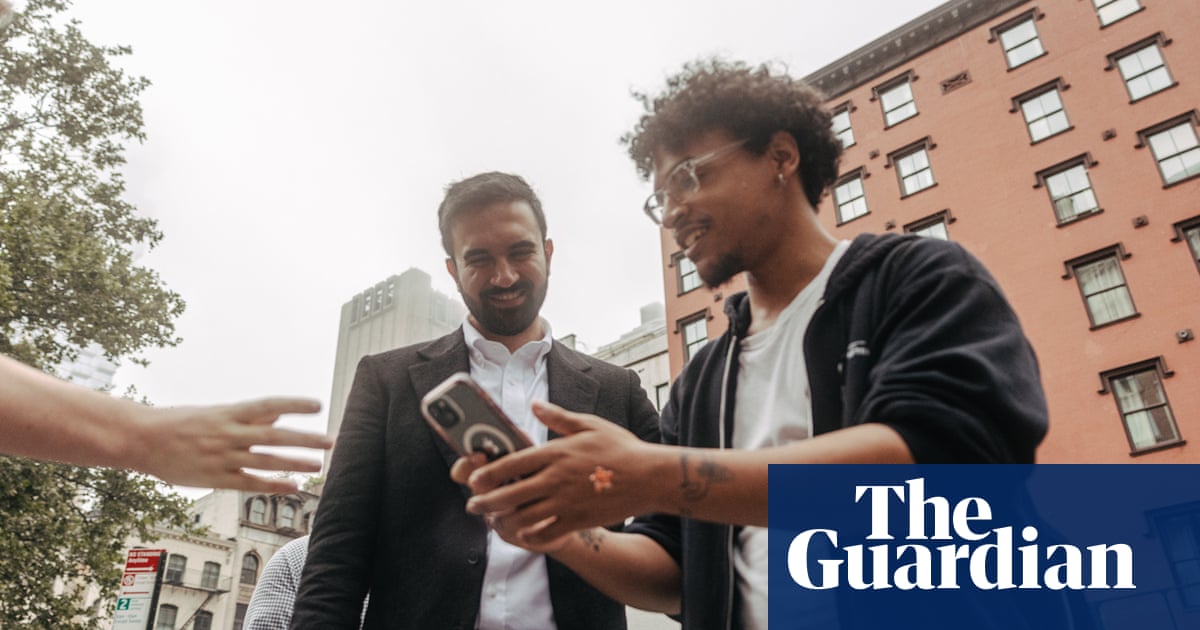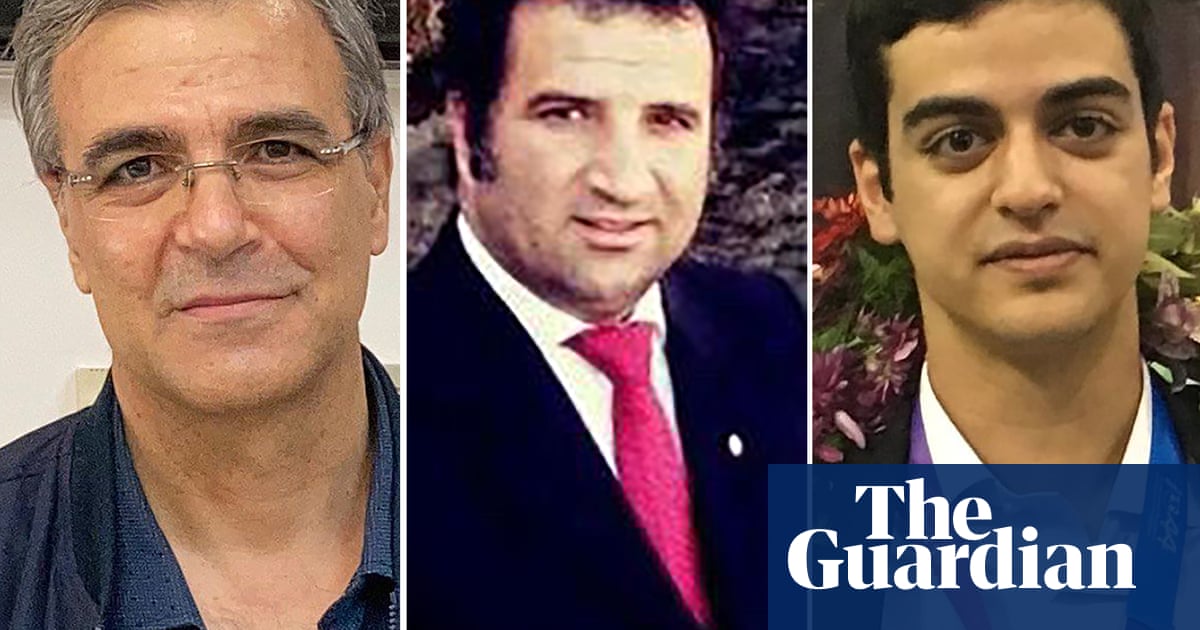I first got drunk at 13 in the upstairs room of a cheap Italian restaurant, sip by sip on other people’s wine. I giggled as the floor lurched, telling my companions, It’s like being on a boat.
I first got paralytic at 13, a few months on. Remembering the pleasant, silly sensation I’d experienced, I went to a party and drank a pint of gin. Slipping in and out of consciousness, I was vaguely aware of piss seeping through my trousers and the kids around me debating whether or not to call an ambulance.
By 14, I drank vodka, never gin. A friend and I would slip into a secret space behind a church at the end of my road with a bottle, then let the spirit travel down our throats, sharp and straight as a blade. Then we’d run, feral and clumsy, down one steep hill and up another to meet the rest of our crowd, the running magically easy, our lungs so much stronger than when we were sober.
We would stand around the swings where we had flown as children, sailing out beyond our bodies for one suspended moment before we fell back into our bones. We drank to exit childhood and to hold on to it, to slip out of our terrible self-consciousness and play a little longer in the park. Night over us, we stumbled through that other gateway into adulthood, the one marked: sex. There were drunk kisses. The bravery to lean towards another person, to try for contact. The blot of shame when it wasn’t reciprocated blurred away by the next morning’s headache. There was drunk touch and drunk sex – was there any other type of sex to be had?
At 15, my body made a bolt for womanhood. Suddenly, grown men looked at me differently and I was the one sent into the off-licence. Subtle knots formed in me between freedom and danger, joy only to be granted with a loss of control, all the lovely, awful things that happened in the dark.
There I am, drunk with my friends at the drained reservoir on the edge of town. Night has come and licked our shadows from the grass. We’re on a makeshift beach surrounded by woods. Through our talk and singing we begin to hear a sound in the dark: the steady beat of a drum. Our confusion becomes fear as the beat grows louder and louder, closer and closer, until we scream and scatter between the trees. And then there is young men’s laughter and the horror movie ends. Slipping out from our hiding places, we find the boys from the year above, all beauty and menace. And what pleasure there was in being chosen to be menaced, the warm moment after the chill of fear.
I hoped to be chosen. And to escape the exposure of making choices. Drink created a second self to blame if you did something embarrassing or prohibited and in this way you never had to account for your desire.
There I am on holiday at 15, waking naked in a tent with a man in his 20s, the line of a sleeping-bag zip pressed into my skin, and only vague, swirling images of the night before.
There I am inside the metal train in the children’s playground, drink erasing the world beyond us so this small, cold space feels private, a body on top of mine and me still new to this, bunching my top in my hands against the pain.
There I am, the lovely dark nipple of another girl in my mouth, in love but never naming it, falling asleep with our legs interlocked.
When I moved to London at 16, the friends I found there sometimes shared a bottle of cheap pink wine, but it was not the urgent, obliterative sort of drinking I had gone along with before. What a relief. Yet our sexuality still shone brightest when we ordered Smirnoff Ices in tawdry nightclubs, pulling the disguise of confidence over our faces, hoping not to be IDed. I look back and cringe and love us for all those nights spent at Soho gay bars, grinding on each other with awkward exuberance to the sound of Britney Spears.
Then I was an adult, being photographed by my dad on my 18th birthday buying my first legal pint.
Around this time, I broke up with my first boyfriend and he drank an entire bottle of Cointreau and stained my parents’ sofa with orange vomit. What an idiot, I thought. But I understood the romance in the impulse to make things loose and grand – cinematic, rather than just sad.
I knew I wasn’t a drinker; my life wasn’t bound to the rhythm of big nights and rough mornings and two beers were often enough to send me to sleep. But I did fall in love with a drinker. Our first date was in a wood-panelled pub, the chatter rising around us so we had to lean in closer to hear each other’s voices. I remember seeing my face in the scratched mirror in the toilets, that moment of confirmation – Girl, you are drunk – before we ducked out for cigarettes, then kissed for the first time on the pavement.
He bought beers at Waterloo station afterwards and said, “Carling, darling?” as he pulled me a can from the six-pack. I stayed with him for seven years.
Throughout our relationship, Carling Darling would disappear. Once we lived together, he would occasionally leave our flat on a Friday and not return until late on Sunday night, blank and twitchy, smelling vinegary with booze and stale sweat, his phone long dead. All our holidays were marked by his absences. He’d stay out, just for one more, and I would lie awake as the hours unfurled in a hostel in some warmer part of the world, thinking, I hope he is alive. Compared to him, I barely drank at all.
And yet, at 26, when I walked into a party and saw someone else, it was intoxication, the pink glow of it, the feeling of slipping from my usual skin, that allowed me to kiss that stranger, a dark-haired man from Streatham Common. I became besotted with him: a word that once meant drunk and now means blindly adoring. Soon after that night, I left Carling Darling and our whole imagined shared future.

Newly single, I entered a second adolescence of sorts, another chance at exploration, want suddenly awake in me once more.
There I am, the alcohol-scent of hairspray in a cloud about my face, perfume on my wrists, out to meet the man from Streatham Common, of course at a pub.
And there I am, drinking whisky with a different stranger, a crackle of electricity when his knuckles graze the backs of my fingers.
There I am at the Edinburgh Fringe, with a woman I have flirted with all year, bold enough at last to bring her back to my single bed at the end of a raucous night.
Drink was a quieter companion now than it had been in my teens. Because I never ended the night vomiting over the side of a bridge, it never occurred to me that it was always there.
People talk about drink taking the edge off, but I have also found it to sharpen things, making desire a bright-rimmed object one might reach out and grab.
Yet there is sadness in this magic. Things happened that my sober self would not have wanted to happen. Once with a woman – in the toilets of a theatre, a wine glass smashing into the sink, a mouth on my body I did not ask for – and once with a man. Old enough to know better, I drank some luminous knock-off absinthe and woke with my head stormy and a friend in my bed. Gone, as if removed from my brain in a perfect orb with an ice-cream scoop, was the memory of how we had got there. That day I sobbed to my mum like a child.
But this is the cliché of mixing sex and alcohol: girl gets too drunk; regrets.
The loneliest moments, I think, are the ones that, in a 3am sort of way, seem to be something like love. The New Year’s Eve when that man from Streatham Common with whom I had become so besotted arrived on my doorstep, his mouth at last full of “I love you.” I had ached to hear it. But in the morning he was in pain, hurt by the light that came in through my window, too nauseated to be touched. And he couldn’t remember a word he’d said.
The night with another boyfriend when we came home from a party dressed as pirates, blasted doowop songs and yelled all the I Love Yous into each other’s faces. Like a fool, I mistook it for something really being said. But all he loved was waking the neighbours. When I realised this, my heart broke, again.
It is not that situations augmented with alcohol aren’t real, it is that they come with get-out clauses: I don’t recall, I didn’t mean it. The old excuses of the second self.
It is such an embarrassment, longing. I see it all clearly now. In my teens, as I yanked myself gracelessly out of childhood, alcohol freed and masked my desire. I could pretend that sex just happened to me; it was not a product of my own curiosity, my want. In my 20s, it offered me flashes of intimacy which felt like strange, blurry accidents: shadow tenderness that vanished when the light changed. The need to disguise my desire for sex had transformed into a need to disguise my desire for love.
I never exactly decided to stop meeting lovers at parties or bars, possibility glinting along the edge of the phrase, Do you want another drink? I just stopped going out. I was tired. Men had disappointed me and with women I had disappointed myself, never been sure-footed enough.
I snapped at my mother in the park when she said, “You just know when you meet the one.” Everyone who said that, I told her, had met their spouse by 25.
Bored of love’s messy conclusions, I hid away for a summer, dog-sitting at a friend’s apartment.
Six months before I had met a man called Luke at a Hanukkah party – a cold night in a crowded room, candles doubling in the rain-spattered windows. By chance, I discovered that he lived close to the dog’s owners, making us temporary neighbours. Somehow, we decided that he should come along on my next dog walk.
It did not feel momentous to come out of the apartment on that first afternoon and see him waiting a little way down the street for us in a dip between hills. The dog strained on her leash and down we went to meet him. As we walked, we passed a burned-out house, tall and torn open, its blackened insides essentialised by fire. We looped streets and weedy alleyways, until the dog abruptly threw herself down on the ground, panting, refusing to move. And now the heavy symbol, which really was there: someone had painted a huge white love heart on the grass. Luke and I sat above it, talking with a rare kind of ease, which I should have taken note of.
Still, the words from that afternoon in my notebook: It is interesting to make a completely platonic friend. We kept taking walks, just the two of us, after the dog’s owners returned. And without considering what it meant, I began to feel like I wanted to see him every day.

The verbs of falling in love speak of a tricking sort of magic. We are beguiled or charmed or besotted. I did not recognise this unfamiliar thing, this drawing closer unaided, no change in state but each other, the instinct to reach for his hand.
One afternoon my housemate found me singing and joyfully leaping about in our living room as I waited for Luke to arrive to take me swimming in a pool in the woods. Anna, if this isn’t a date, she asked, why are you so excited? That night, sitting beside a stream, Luke and I kissed for the first time. Because we were sober, we did not crash together. My excitement did not feel laced with confusion or threat. I had always thought of flirting as the casting of a spell, a sequence of gestures, phrases and tricks, to make one’s dull self momentarily gorgeous. By this definition we had not been flirting. And yet, something between us had become undeniable. We moved through the gateway of our first kiss, slightly awkwardly, at least one of us with bad breath.
I did not know that I was falling in love with Luke until it had already, irrevocably happened, altering forever the course of my life. After that kiss, we could not easily turn back. Whatever came next, the moment could not be cleared away – I don’t remember, I didn’t mean it – like bottles at the end of a night.
There can be beauty in intoxication, revelling, human and ancient, slipping out of the daily self and staggering a little against the spin of the Earth. But beautiful, too, is reality. A first kiss after a swim in cold water. Senses sharp and the skin singing, utterly awake.
We All Come Home Alive by Anna Beecher is published by Weidenfeld & Nicolson at £20. Buy it for £18 at guardianbookshop.com

 2 months ago
44
2 months ago
44

